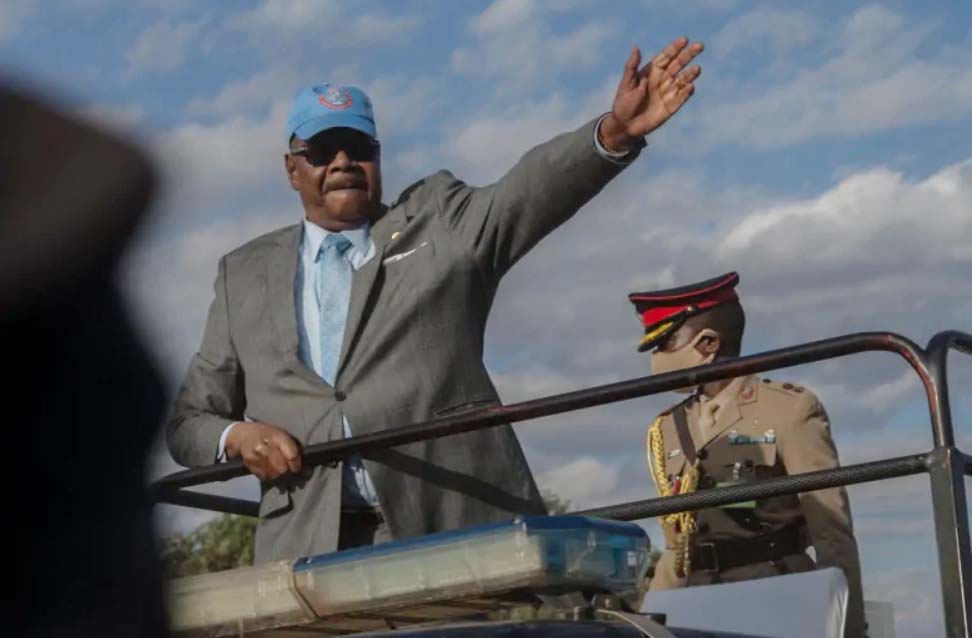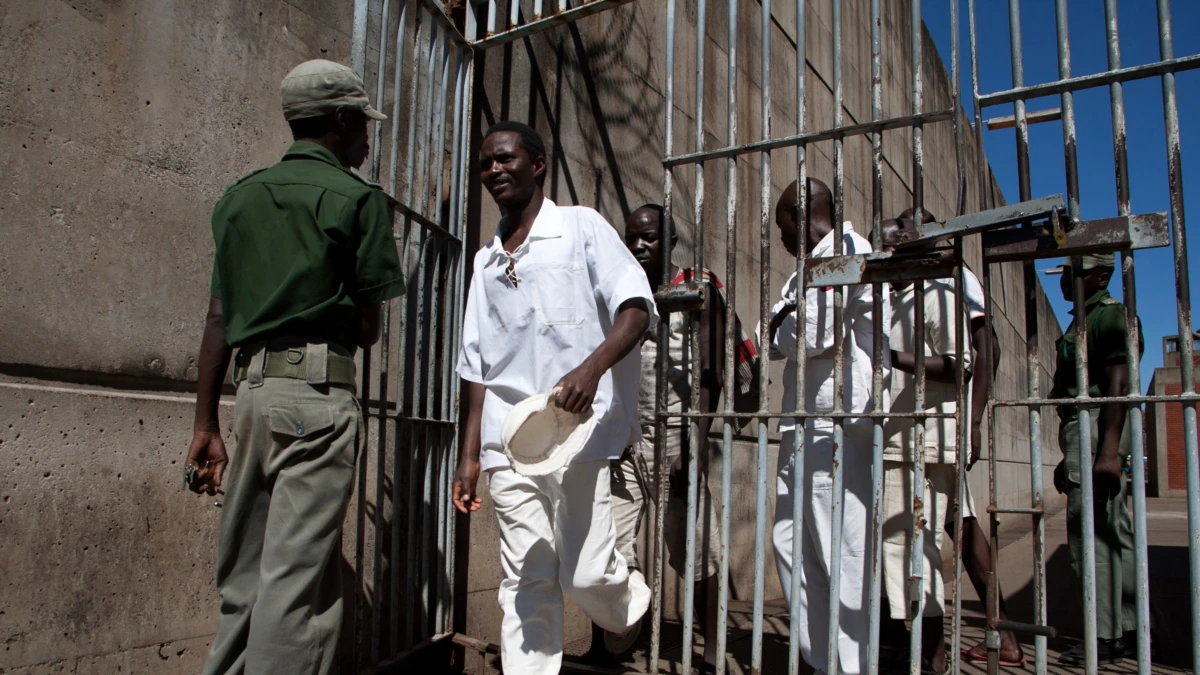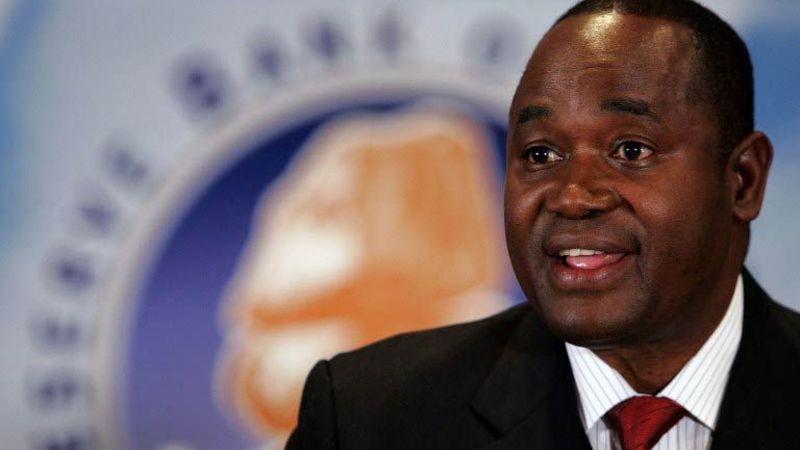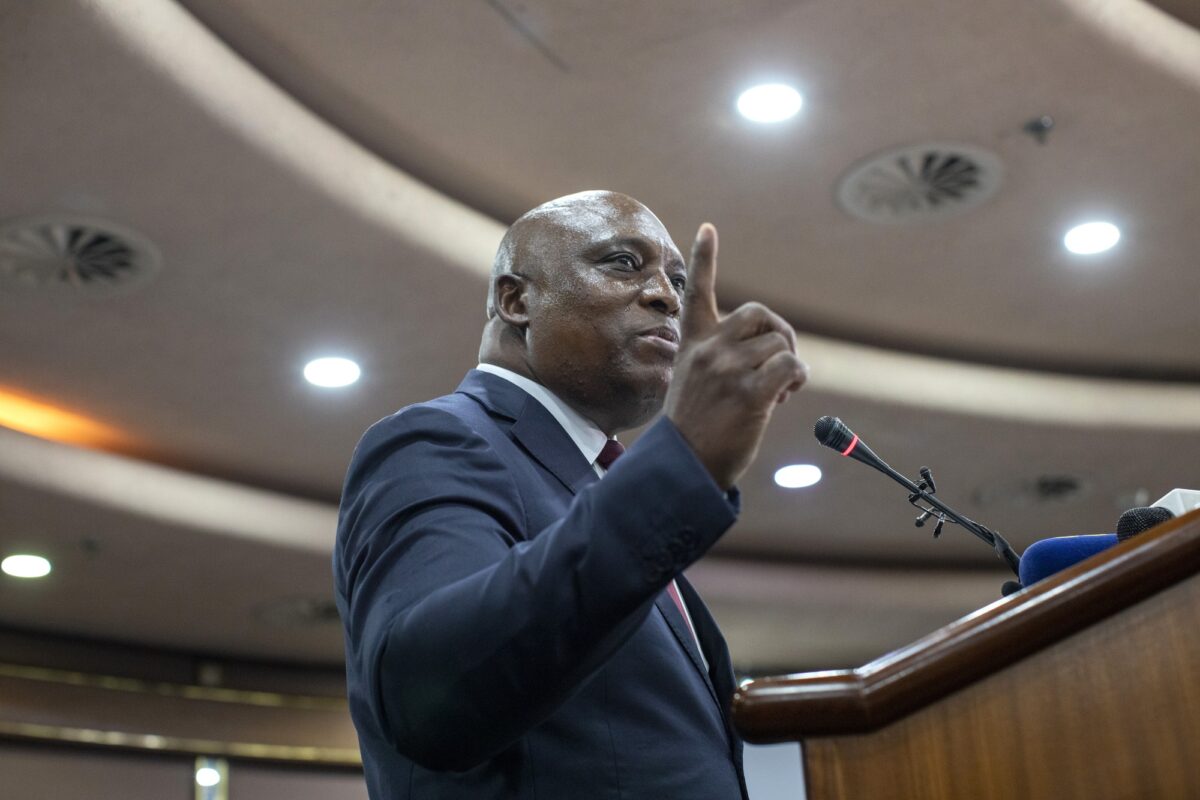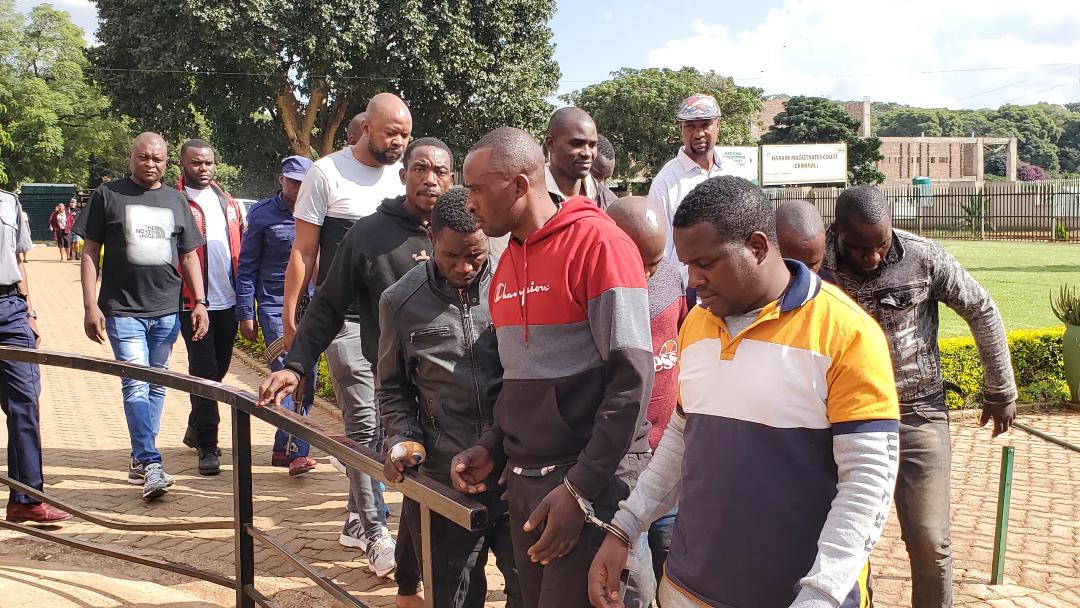LILONGWE, Malawi – Voters in Malawi lined up before dawn for a rerun of the 2019 presidential election that the courts nullified over widespread evidence of tampering.
Hundreds of voters braved the cold weather of the southern hemisphere’s winter to vote as soon as the polls opened at 6AM.
Incumbent President Peter Mutharika, 79, is looking for a second and final five-year term in office and is running against Lazarus Chakwera, 65, leader of the main opposition Malawi Congress Party.
The constitutional court on February 3 struck down Mutharika’s victory in the May 2019 election, citing evidence of voting fraud, including thousands of ballots that appeared to have been altered using typing correction fluid.
It was just the second time a result was annulled in sub-Saharan Africa, following two contentious votes in Kenya in 2017.
Some 6.8 million Malawians are eligible to cast ballots at more than 5,000 polling stations across the country.
Many voters interviewed Tuesday morning said they are relieved the elections are taking place.
The Human Rights Defenders Coalition, a local organisation, led demonstrations across the country to call for fairness in the electoral process. The group’s national co-ordinator Luke Tembo said the voting Tuesday is what the group had been campaigning for.
“This has now given people a second chance to exercise their rights. Now we have been calling on people to come out in their large numbers to vote to determine the future of this country,” said Tembo. “We believe this time around we are going to get things right and get a free, fair and credible election.”
The day before the vote there was a spate of clashes in the capital, Lilongwe, and the lakeshore town of Nkhotakota sparked by rumours of vote rigging. Order was restored by soldiers of the Malawi Defence Force who have been deployed across the country.
Electoral Commission chairperson Chifundo Kachale assured all voters that the polling process would be fair.
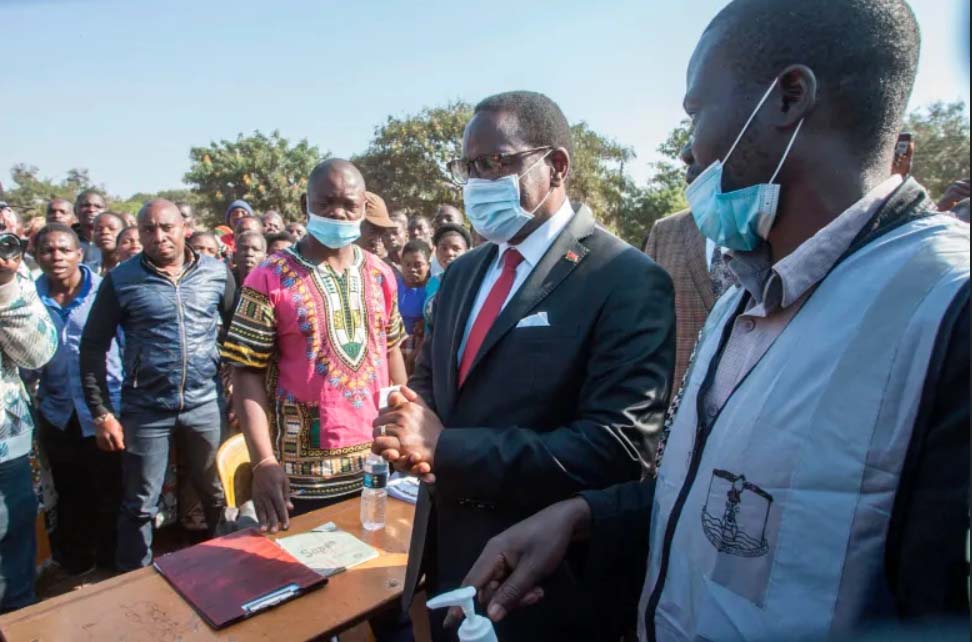
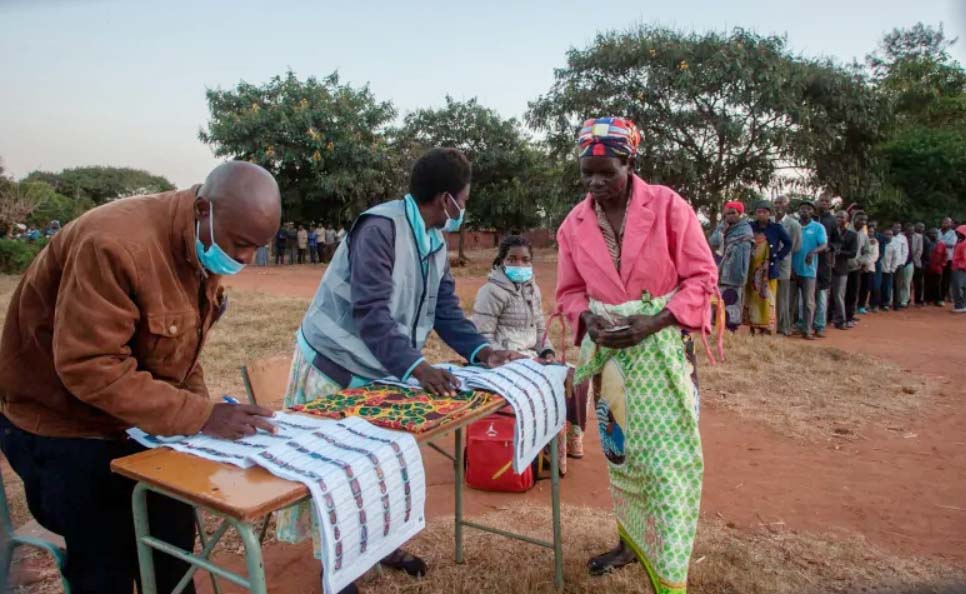
Before the voting started, United Nations Secretary General Antonio Guterres called on “all political actors and stakeholders to renew their commitment to credible and peaceful elections, while observing all preventive measures against the spread of Covid-19,” according to a statement issued by spokesperson Stephane Dujarric.
A number of local and international organisations were observing the new elections in an effort to confirm that they are free and fair. The European Union, the African Union, the Southern African Development Community, several diplomatic missions and the Commonwealth will be observing the elections, Malawi Electoral Commission spokesperson Sangwani Mwafulirwa said.
The U.S. and British embassies announced that they sent out small observer missions as a supplement to thousands of domestic election observers and political party monitors.
Mutharika’s disputed win also sparked months of anti-government protests, a rare sight in Malawi. Last week, hundreds of lawyers also protested when Mutharika tried to retire Chief Justice Andrew Nyirenda, forcing the president to back down.
The supreme court upheld the annulment last month, which Mutharika called a “coup” in a campaign rally on Saturday in the northern district of Rumphi.
After voting at a school in the tea farming district of Thyolo, southern Malawi, Mutharika decried what he described as violence in opposition strongholds in central Malawi.
“It is very sad. Our secretary general has been beaten up,” he said. “Those causing the violence are desperate. How then will the election be credible?”
There was no independent confirmation of the alleged unrest, although the electoral commission said it had received reports of violence.
About half of Malawi’s predominantly farming population live in poverty. Lying on a lake at the southern tip of the Great Rift Valley, Malawi exports mostly tobacco and tea.
“I’m glad to vote again. This I pray, that my vote will count,” Bernado Simbi, 36, a domestic security guard, said after voting for Mutharika in a school near Chileka Airport, north of the commercial capital Blantyre.
Mutharika, a former law professor, has revamped Malawi’s roads and boosted electricity while also taming inflation. Yet critics accuse him of doing little to tackle corruption.
“The government has lost the anti-corruption fight [and] the opposition has taken advantage,” said Happy Kayuni, political science lecturer at Malawi University.
Chakwera has made graft a central pillar of his campaigns.
Covid-19 restrictions will make it tricky for foreign observers, although last time they failed to detect fraud. – AP
